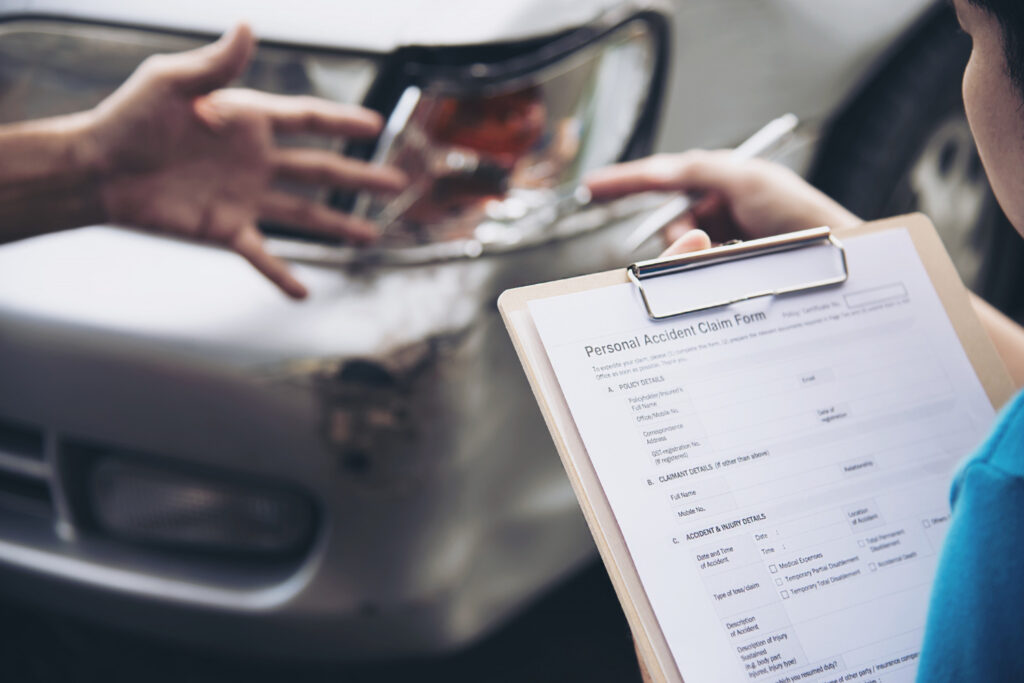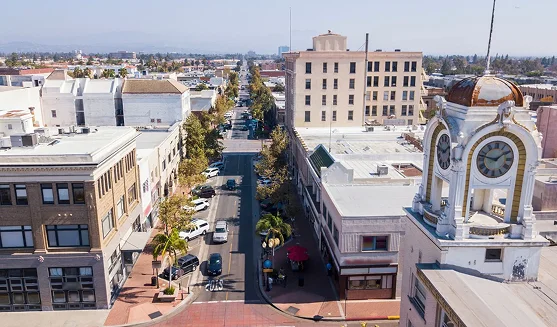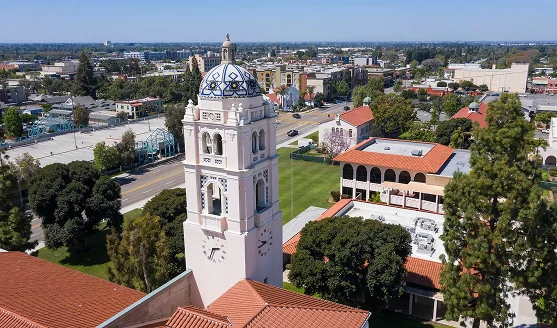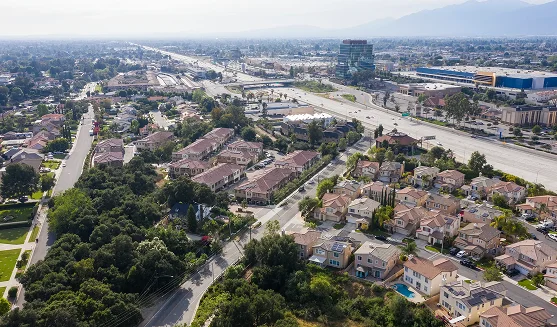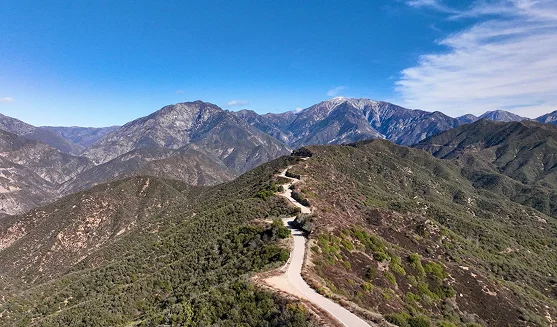TL;DR: After a car accident in California, the right documentation can make or break your personal injury claim. Focus on gathering photos, police reports, medical records, repair estimates, witness statements, and proof of lost wages. This guide provides a full checklist of what to collect and why it matters for maximizing your compensation.

Why Documentation Matters After a Crash
Insurance companies and courts rely heavily on hard evidence when determining liability and evaluating damages. A well-documented case can speed up negotiations, strengthen your position, and increase your potential settlement. Without it, insurers may deny your claim or reduce your compensation.
Critical Documents to Collect Immediately
Right after the accident, focus on collecting the following:
- Photos of the Scene: Capture vehicle positions, road conditions, traffic signals, skid marks, and visible injuries.
- Police Report: Request a copy of the officer’s report. It often includes fault assessments and contact info for involved parties and witnesses.
- Witness Statements: Get names, phone numbers, and written or recorded accounts of what they saw.
- Driver and Vehicle Info: Exchange names, license plate numbers, insurance details, and driver’s license numbers.
- Medical Records: Include ER reports, doctor evaluations, imaging results, prescriptions, and discharge instructions.
Ongoing Records to Maintain
After the initial aftermath, continue gathering:
- Follow-Up Medical Records: Notes from specialists, physical therapy sessions, mental health support, etc.
- Bills and Receipts: Save every invoice related to treatment, medications, medical devices, and transportation.
- Repair Estimates: Get quotes or bills for fixing your car—or a valuation if it was totaled.
- Proof of Lost Wages: Pay stubs, employer letters, disability paperwork showing time off and wage loss.
- Pain Journal: Keep a written log of daily pain levels, emotional impact, and how your injuries affect your daily life.
Real Story: From Uncertainty to a $210,000 Settlement
A Santa Rosa client came to us with only a police report and medical bills. We helped her gather cell phone photos, witness statements, and a pain journal. Using this evidence, we showed how the accident disrupted her life and escalated her claim value from an initial $19,000 offer to a final settlement of $210,000.
Feeling Overwhelmed? Here’s What to Do
Take a deep breath. Start with what you have. Keep everything in a folder or email yourself a copy. Then speak with a legal team who can help you collect and organize the rest. You don’t have to do it alone.
FAQs
Do I need a police report to file a claim?
While it’s not legally required, a police report adds credibility and is often essential for insurance negotiations.
Can I still file a claim if I didn’t collect photos at the scene?
Yes, but it may be more challenging. Witness statements, surveillance footage, and repair records can help fill the gap.
What if I lost some receipts or documents?
Try to request duplicates from providers. Medical offices, employers, and mechanics often keep records for months or years.
Should I keep a journal of my injuries?
Absolutely. Pain journals can powerfully demonstrate how the accident affects your daily life—emotionally and physically.
Will an attorney help me gather missing documentation?
Yes. A qualified personal injury attorney can subpoena records, interview witnesses, and help reconstruct the scene if needed.
Talk to a California Car Accident Attorney Today
Contact West Coast Trial Lawyers for a free consultation. No win, no fee. We’ll help you gather what you need to win your case.
Article by Neama Rahmani, Esq. — President, West Coast Trial Lawyers. California Bar No. 240613. Verify credentials.

